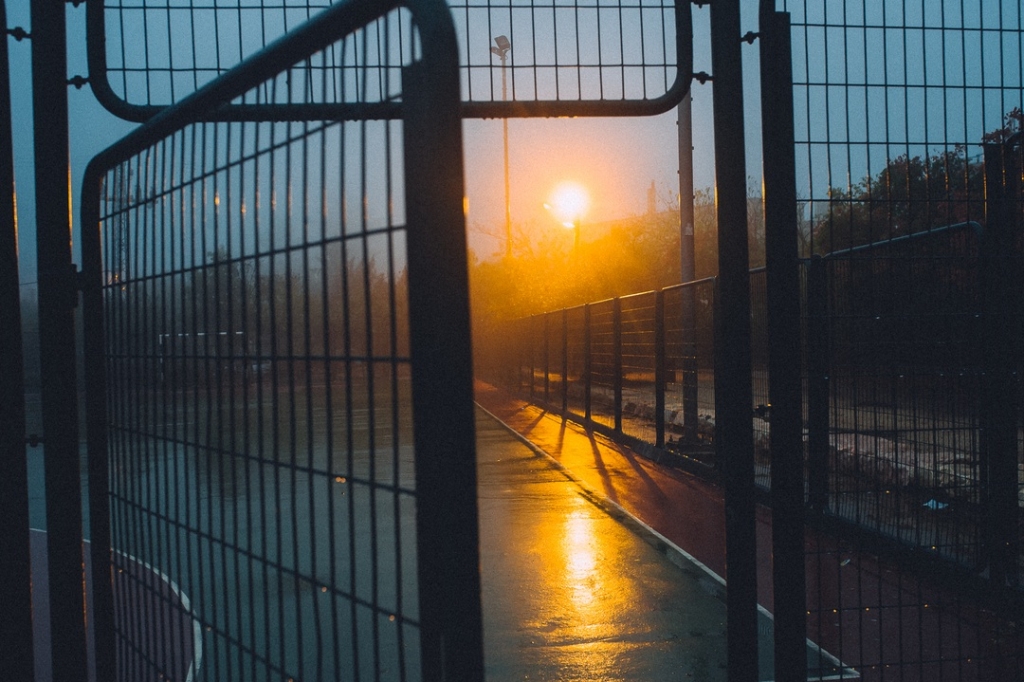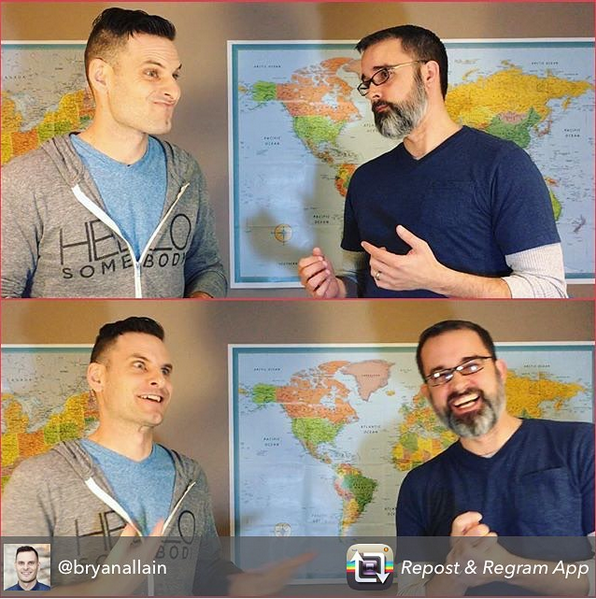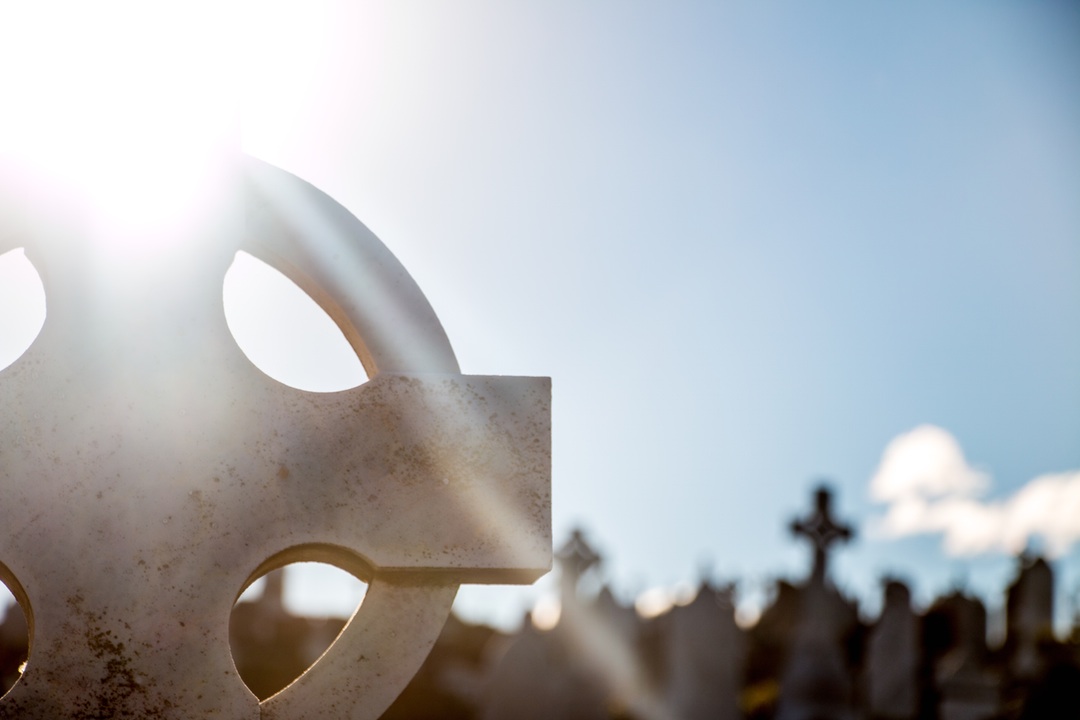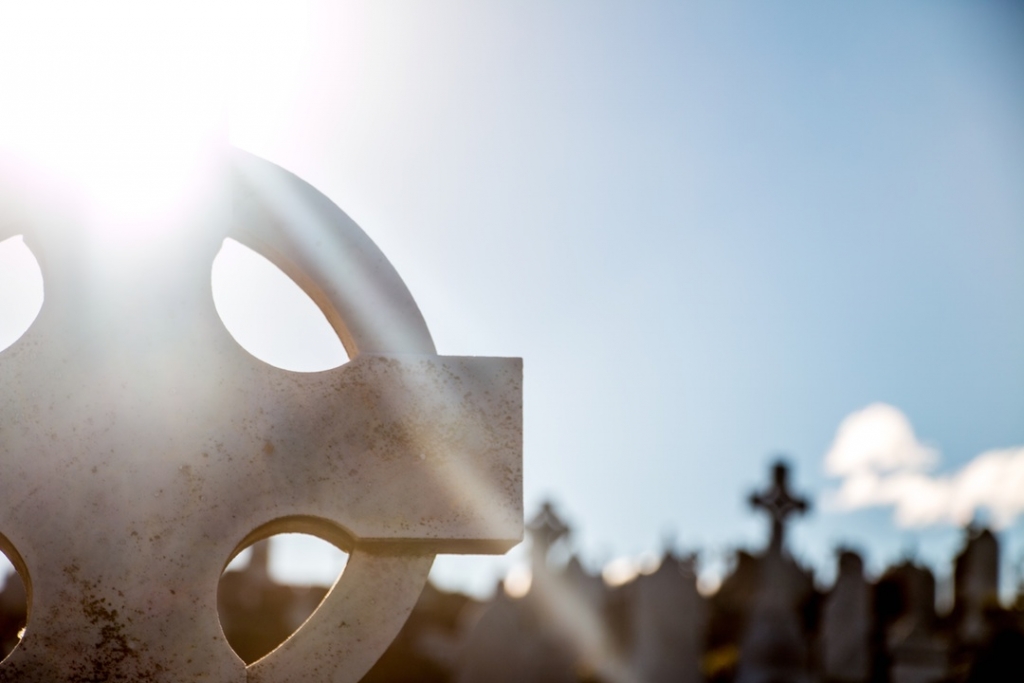
It is very hard to allow emptiness to exist in our lives. Emptiness requires a willingness not to be in control, a willingness to let something new and unexpected happen. It requires trust, surrender, and openness to guidance. God wants to dwell in our emptiness.”
– Henri Nouwen
Last year I didn’t have any major writing projects from March through July. I don’t know if you’ve ever tried to live without money, but it’s a fairly challenging experience. Watching your credit card balance go up month after month is a soul-sucking exercise. Maile got a part-time job at a local market, I worked weekends selling baked goods to try and make a little extra while cobbling together some odds and ends on the writing front.
It was a long five months. It felt like a very empty five months. I wandered around the house, tired, not sure where to sit.
Emptiness is a funny thing, because while it’s basic implication is “lack” (empty stomachs, empty space, empty containers), emptiness also signifies something completely different.
Emptiness means there is room for opportunity.
Emptiness invites us to stop trying to control everything, to sit back and wait patiently for what might happen next to fill the void.
Emptiness creates space for trusting God.
* * * * *
Maile and I were talking about the hope of emptiness yesterday morning as we face our normal uncertainties in life. Being self-employed is a constant exercise in trust. She marched over to the side table in our bedroom and read the following passage from Isaiah 43:
“Forget the former things;
do not dwell on the past.
19 See, I am doing a new thing!
Now it springs up; do you not perceive it?
I am making a way in the wilderness
and streams in the wasteland.
20 The wild animals honor me,
the jackals and the owls,
because I provide water in the wilderness
and streams in the wasteland,
to give drink to my people, my chosen,
21 the people I formed for myself
that they may proclaim my praise.
“This isn’t the same old thing,” Maile insisted. “We’re not going around in circles. We’re not destined to live our past over and over again. God is doing a new thing. A new thing!”
The two of us sat there in the morning light, shadows from the sycamore tree outside the window waving on the floor of our room. We sat there, and for a moment we were in awe at the new thing this emptiness might bring.
This emptiness you’re experiencing? This sense that your circling around the same disappointment, the same failure, the same mistakes? It’s not true. There is a new thing in the making. There’s a stream making its way toward you, through the wasteland.
* * * * *
Where are you experiencing emptiness in your life? Would you consider beginning to see that emptiness as a space in which something new can grow?
* * * * *
 I’m so excited to be giving away THREE FREE COPIES of a wonderful, beautifully-written book: Christie Purifoy’s Roots and Sky. If you’d like to enter your name for a chance to win one of those copies, leave a comment below. You could always let us know how past emptiness led to something new. Or you could let us know your current emptiness and we could commiserate with you. Or you could simply say, “I’d love a copy of Christie’s book!”
I’m so excited to be giving away THREE FREE COPIES of a wonderful, beautifully-written book: Christie Purifoy’s Roots and Sky. If you’d like to enter your name for a chance to win one of those copies, leave a comment below. You could always let us know how past emptiness led to something new. Or you could let us know your current emptiness and we could commiserate with you. Or you could simply say, “I’d love a copy of Christie’s book!”










